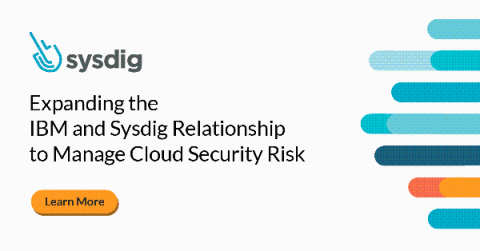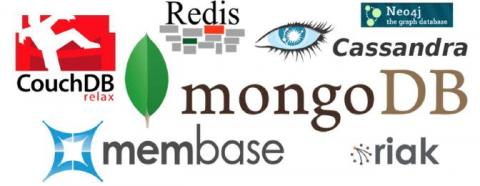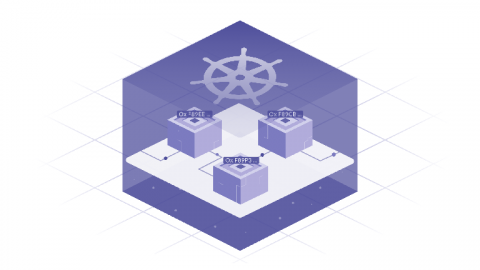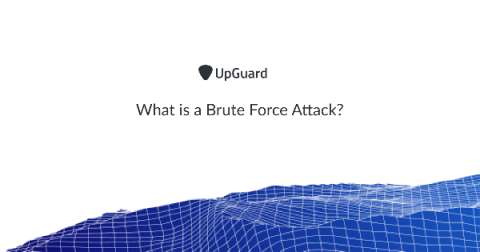How malware mimics the spread of COVID-19
It’s a weird time to be alive. Millions of people globally are living under government lockdowns, as we collectively endure the COVID-19 pandemic. COVID-19 has brought to light some fundamental truths about humanity, including our deep-seated need for social interactions. It has also highlighted how reliant we are on critical infrastructure like our healthcare systems and internet connections, both of which are currently strained.










